COVID Connect bridges gap between community need, expert support
College of Public Health project aims to help Ohio weather the pandemic
By Misti Crane
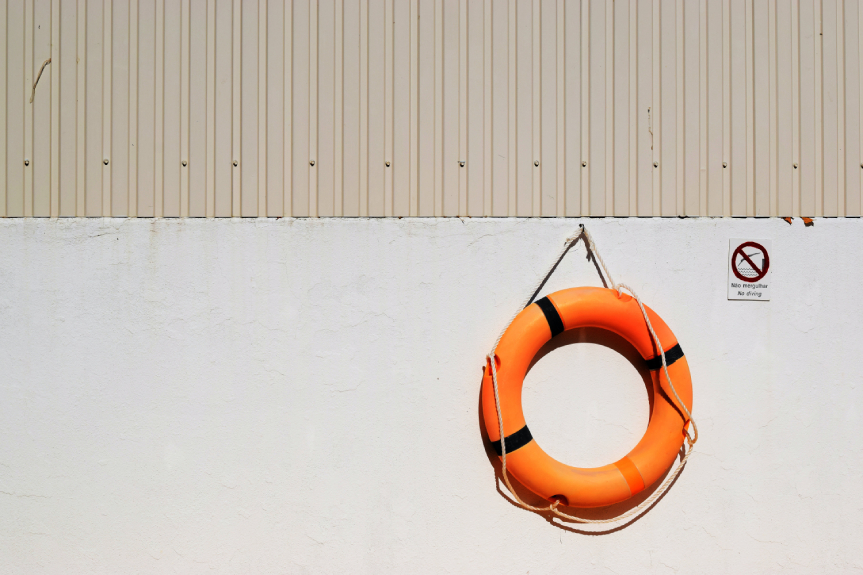
In a time when many of us feel increasingly disconnected out of public health necessity, an effort led by the College of Public Health is bringing together those in need with those most able to offer assistance.
COVID Connect, a project to unite health departments and other organizations with professional volunteers willing to share their expertise, already has begun to serve as a lifeline during an unprecedented time in modern history.
COVID Connect is operated out of the college’s Center for Public Health Practice and is designed to allow local health departments and other government offices, nonprofits and businesses to submit requests for assistance. From there, the Connect team works to find appropriate experts from a growing database of volunteers that already includes more than 80 people from a wide array of fields.
“The university has vast expertise in its colleges and schools, and faculty and staff who are asking how to help. By creating a single point of entry for those responsible for protecting the public’s health, we can fulfill our land-grant mission in a coordinated fashion,” said Amy Fairchild, dean of the College of Public Health.
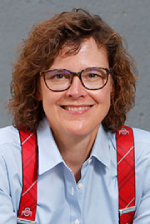
“Though this effort has been spurred by the current pandemic, our goal is to create a durable resource that will meet public health needs for the long haul.”
Supported by a $50,000 grant from Ohio State’s Office of Outreach and Engagement, COVID Connect’s efforts are being guided by an advisory committee made up of experts from throughout the university. Help from the project could come in many forms, though much of the initial work is aimed at efficiently providing health departments with the assistance they need.
“Supporting efforts such as the COVID Connect project is important as we seek to connect community partners with university expertise as seamlessly and expediently as possible,” said Ryan Schmiesing, vice provost for outreach and engagement.
Early projects have focused on connections between a multi-disciplinary group of volunteers from Ohio State — including those with expertise in public health, sociology, math, geography and infectious disease — and the Ohio Department of Health. The broader goal is to find widespread partnerships with experts from across the state who will provide assistance to various organizations.
One project includes Ohio State experts volunteering to help ODH better understand how widespread COVID-19 infections have been in the general population — not just among those who’ve received tests and experienced severe symptoms. The work will include phone surveys, as well as randomized testing of Ohioans, said Bill Miller, senior associate dean of research and a professor of epidemiology in the College of Public Health.
The early work of the project also includes disease modeling to help public health leaders predict the trajectory of COVID-19 infections given current strategies, including social distancing, to slow the spread of illness and preserve the ability of healthcare professionals to respond to severe cases.
As it expands, COVID Connect will address three primary focus areas: health, economic concerns and community needs. Ohio State experts taking the lead in those areas include Elisabeth Root, an associate professor in the Department of Geography and in the College of Public Health, and Eric Seiber and Julianna Nemeth, who are both public health faculty.
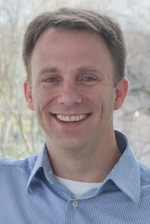
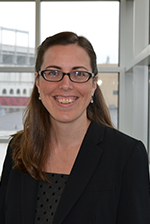
“This project presents opportunities for a vast array of experts to offer their services and skills to bolster Ohio throughout this crisis and as we begin as a state to recover from the pandemic, but also well into the future” said Jennifer Beard, assistant dean of strategy, advocacy and engagement at the College of Public Health.
The Center for Public Health Practice is uniquely positioned to make these connections for Ohio organizations and experts throughout the state, said Andy Wapner, who directs the center and is an assistant professor of health services management and policy.
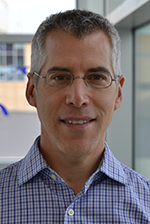
“This work is a natural extension of the relationships we’ve already built in our work supporting the professional development and organizational improvement of local public health agencies,” he said.
Aside from direct work with experts, he anticipates the project will connect similar organizations so that they can share successful approaches to COVID-related challenges and help one another through this time.
“We want to make sure that we’re sharing solutions as broadly and as quickly as possible,” Wapner said.
To request assistance or volunteer your expertise, please visit: https://u.osu.edu/cphp/covidconnect/.
About The Ohio State University College of Public Health
The Ohio State University College of Public Health is a leader in educating students, creating new knowledge through research, and improving the livelihoods and well-being of people in Ohio and beyond. The College's divisions include biostatistics, environmental health sciences, epidemiology, health behavior and health promotion, and health services management and policy. It is ranked 22nd among all colleges and programs of public health in the nation, and first in Ohio, by U.S. News and World Report. Its specialty programs are also considered among the best in the country. The MHA program is ranked 5th and the health policy and management specialty is ranked 21st.